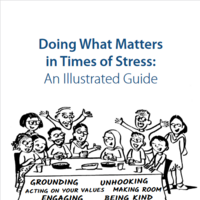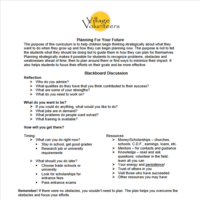Search
Books+
Searching 1,73 books
Search related to the career Counselling Psychologist
How to become a Counselling Psychologist:
1. Earn a Bachelor's Degree: Start by obtaining a bachelor's degree in psychology or a related field. It is important to choose courses that focus on human behavior, counseling techniques, and research methods.
2. Gain Experience: Seek opportunities to gain practical experience in the field of counseling. This can be done through internships, volunteering, or working in entry-level positions at mental health clinics or counseling centers.
3. Earn a Master's Degree: Pursue a master's degree in counseling psychology or a closely related field. This program should be accredited by a recognized accrediting body and provide the necessary coursework and supervised clinical experience.
4. Complete Supervised Practice: After completing your master's degree, you will need to accumulate a certain number of supervised practice hours. This typically involves working under the supervision of a licensed psychologist or counselor.
5. Obtain Licensure: Research the specific licensure requirements in your country or state. Typically, you will need to pass a licensing exam and meet other criteria such as completing a certain number of supervised practice hours.
6. Consider a Doctoral Degree: While not always required, obtaining a doctoral degree in counseling psychology can enhance your career prospects and open up opportunities for research, teaching, and advanced clinical practice.
7. Gain Clinical Experience: Throughout your education and training, it is important to gain diverse clinical experience. This can be achieved through internships, practicum placements, or working in various settings such as hospitals, community mental health centers, or private practices.
8. Specialize: Consider specializing in a specific area of counseling psychology, such as trauma, addiction, or child and adolescent counseling. This can be done through additional coursework, certifications, or post-doctoral training.
9. Continuing Education: Stay updated with the latest research and developments in the field of counseling psychology by participating in continuing education programs, attending conferences, and joining professional organizations.
10. Seek Licensure as a Psychologist: If you wish to practice independently or provide certain services that require a higher level of expertise, you may consider pursuing licensure as a psychologist. This typically involves obtaining a doctoral degree, completing supervised practice hours, and passing a licensing exam.
Remember to check the specific requirements and regulations in your country or state, as they may vary.
Source: Various AI tools
Saikolojia
Mitaala
Books tagged curriculum
Ujasiriamali
Kujiboresha
Maprofesa
Vocational skills
Searched in English.


















































